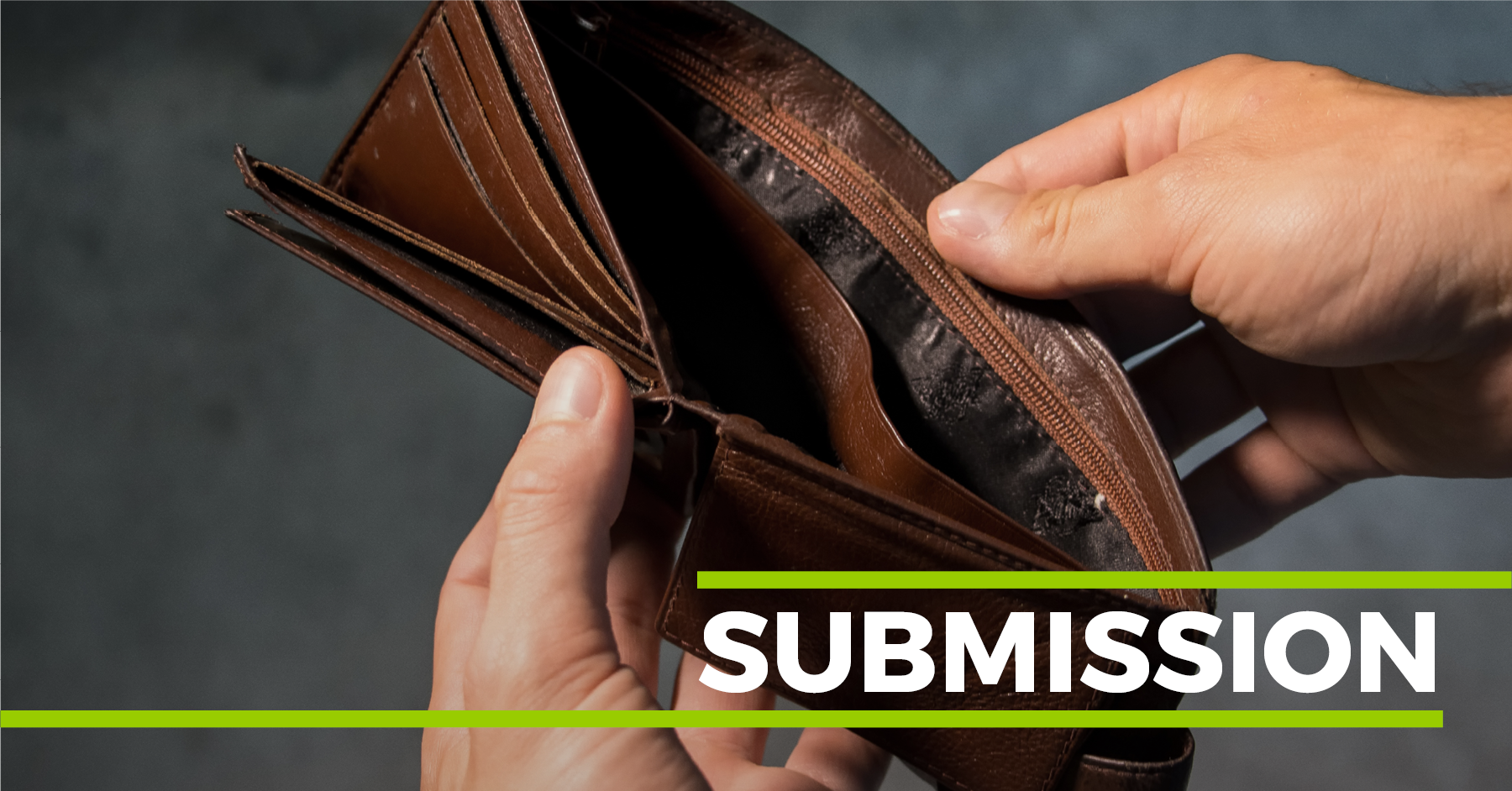Submission Select Committee on Cost of Living
In responding the cost of living crisis, consumers are contacting our services for advice and assistance. In 2022, there were 6,494 contacts to our financial counsellors via the National Debt Helpline (NDH) which represents 60% of Victorian NDH callers and, more recently, people from Queensland contacting the NDH through our new online chat service.
Consumer Action has seen a noticeable uptick in demand and complexity of issues on our NDH phone lines since the beginning of this year. According to the NDH national data, in January and February, there were 4,987 calls to the National Debt Helpline in Victoria – around 50% higher than in the same two months last year (3,323).
Our financial counsellors report growing complexity and multiple issues presenting on the phone lines. Anecdotally, our frontline staff, who we have interviewed, have recently described many more clients having fewer options to improve their circumstances and cannot make ends meet. Callers are more distressed as a direct result of their
financial hardship and rising costs of living.
The Poverty Premium
Our clients, because of their financial disadvantage, are more likely to pay a poverty premium for the essential goods and services they need to maintain a basic standard of living. Default fees, premiums, and engagement barriers all create market conditions where people experiencing financial hardship and insecurity are often forced
to pay more for basic services than others. We refer to this as the ‘poverty premium.’
This premium both drives and exacerbates poverty by trapping people in financial difficulty and charging them more for services they are already
struggling, or unable, to afford. There are extensive examples of the poverty premium in action, and we refer the committee to our previous submission to the Inquiry into the Extent and Nature of Poverty in Australia for further discussion of the issue
Red the full submission (PDF).
2303 Cost of Living

